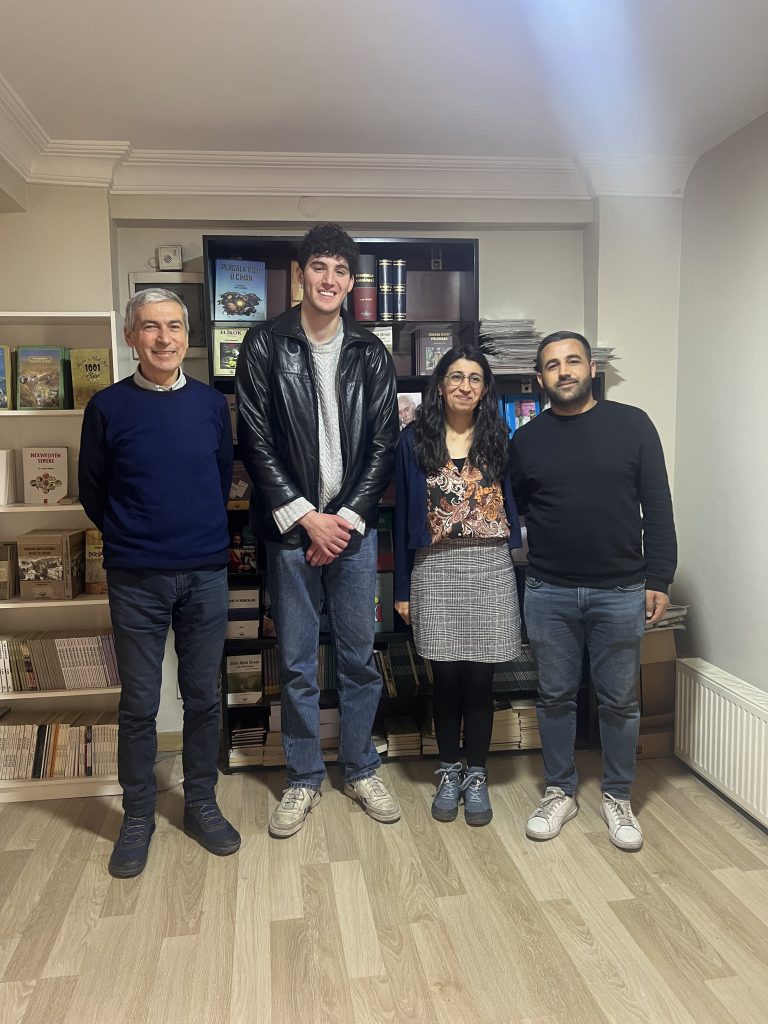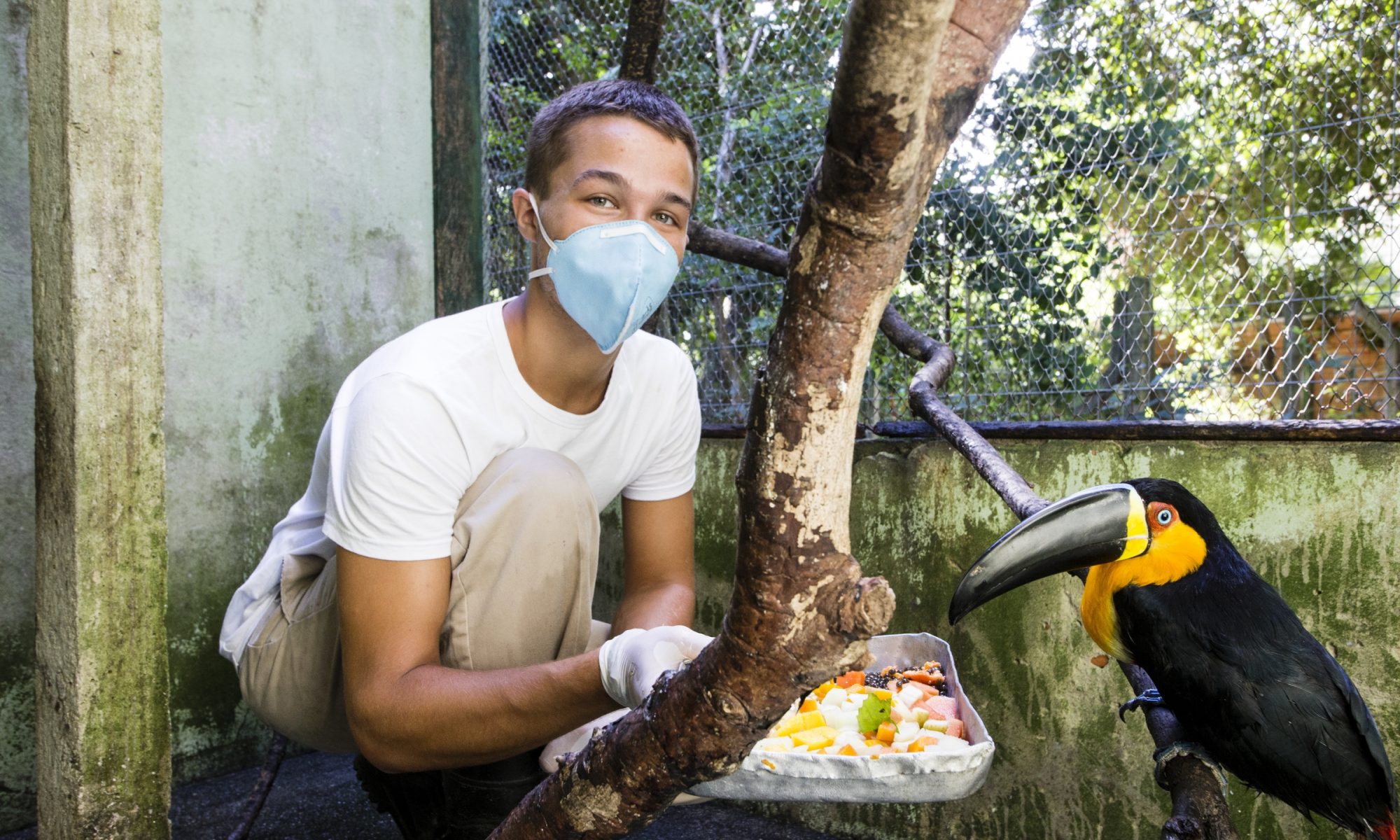
By Leo Deener
Kurdish people have lived in what they call “Kurdistan” for thousands of years. Due to colonial divisions of the map, the Kurdish homeland now falls in the borderlands between Turkey, Syria, Iraq, and Iran. There are millions of Kurds within Turkey, and they make up 20% of the total population of the country, yet they have been oppressed since the formation of the republic immediately after World War I. The Turkish Republic is an example of a state created as a result of post-war nationalist liberation, where a group is liberated in the form of creating its own nation-state. In Turkey’s case, this is the ethnically Turk, Turkish speaking, Muslim people of Anatolia. Despite being Muslim, Kurds are ethnically “other,” and have been seen as a threat to the unity of the “nation-state” from the beginning. Often referred to as Mountain Turks by the government, they have faced efforts at ethnic cleansing, population transfer, and general second-class citizenship.
On our trip to Istanbul, I explored the Kurdish status in Turkey from a sociolinguistic standpoint. Kurds have their own language that has no official status within Turkey and has endured varying states of legality depending on the political moment.
The main bastion for Kurdish culture, history, and language in Istanbul is the Kurdish Research Association. I had the incredible opportunity to interview some associates from this organization who detailed their work and the pushback they face at times.
My conversation was with the co-chair of the association who is a Kurdish woman from the Kurdistan region of Turkey who, like many Kurds, learned her language orally from her parents but did not learn how to read and write in the language until she came to the association as an adult. She spent years formally mastering the language before it was shut down by the government following the attempted coup of Erdogan’s regime in 2016.
She explained that the Association reopened a few years later, and she came back to work there and eventually became co-chair. We discussed the associations’ work publishing material in Kurdish, teaching beginner and upper-level courses in Kurdish, and generally being a safe center for Kurdish life in Istanbul – a city that a Turkish Professor described to me in a different interview as “the biggest Kurdish city in the world.”
She is proud of the work but knows the association could be shut down at any moment if the political situation shifts. I got a sense of this socio-political pushback form a different conversation I had with an ultra-right wing Turkish nationalist who is in the fringe “Victory” Party.
But the co-chair of the association feels she has no choice but to continue her work in the name of her people, history, and culture, by means of her language. Sitting in her office filled with Kurdish literature in a small slightly dilapidated building on the European side of Istanbul, I could feel the unrelenting passion she had for her people and the work she’s doing. It was inspiring to see the Kurdish people fight state erasure by means of linguistic persistence and resilience. I could not have gained this first-hand sense of the Kurdish movement without being in Turkey and visiting the Kurdish Association there, and for that, I am grateful.
